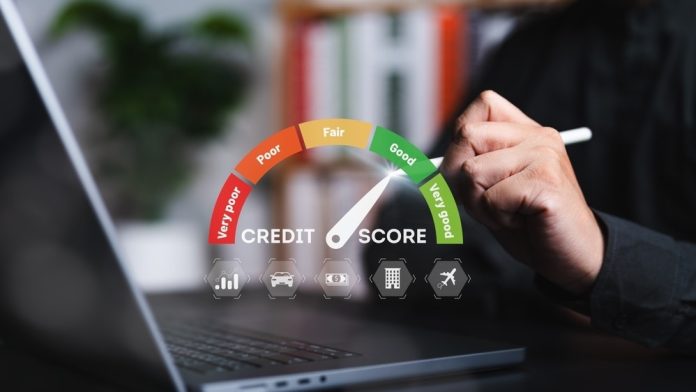If your credit score is on the lower side, you could be paying a “subprime tax” that adds up to more than $100,000 over the course of your life, according to a Bankrate study. The study found that borrowers with a 620 credit score or lower pay an average of $3,400 more each year for essentials like loans and insurance compared to those with higher scores.
For roughly one in five U.S. adults — the share of Americans with subprime credit — that extra cost can have a big impact on financial stability.
The subprime tax refers to the higher costs lenders and insurers charge borrowers with lower credit scores. Bankrate found that, on average, this works out to about 4% of a typical U.S. household’s annual income.
Don’t Miss:
These extra charges can appear across many common financial products, including:
-
Mortgage loan interest: $1,330 per year on average
-
Auto loan interest: $745 per year
-
Auto insurance premiums: $514 per year
-
Home insurance premiums: $398 per year
-
Personal loan interest: $328 per year
-
Credit card interest: $89 per year
Over five years, these costs total roughly $17,000. Over 30 years, they add up to more than $102,000, based on national averages for loan sizes, interest rates, and insurance premiums.
From a lender or insurer’s perspective, a lower credit score signals higher risk — whether that’s the possibility of missed payments or more frequent claims. To offset that risk, companies typically charge higher interest rates or premiums.
Trending: ‘Scrolling To UBI’ — Deloitte’s #1 fastest-growing software company allows users to earn money on their phones. You can invest today for just $0.30/share.
“There is no question that you pay more for credit when you have a lower credit score,” TransUnion (NYSE:TRU) Vice President Michele Raneri told Bankrate. “And so the higher credit score that you can get…you pay less for it.”
High interest rates in the current economy can make this gap even larger. Not only are subprime borrowers charged more when approved, but they may also face more rejections, making it harder to access affordable credit.
The good news is that your credit score isn’t fixed forever. Experts say small, consistent changes can help you move into a better credit tier — and save money.

